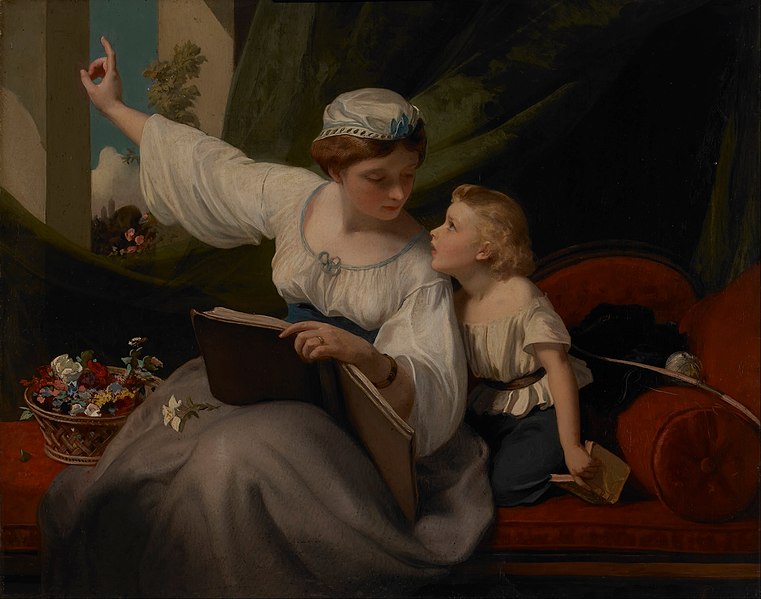The authority of the Church, which was once accepted by the churched and respected by the secular, is in modern times no longer a means through which our belief system can be argued or upheld. This sad reality, while a cause for dismay, is also an opportunity for expansion of pedagogical and catechetical methods.
However, this expansion can not come at the price of the recognition that our beliefs stem not from our own intellect, as a sort of series of philosophical conclusions about how to live that were constructed by a group of 12 disciples some 2,000 years ago, but from the Church as guided by the Holy Spirit and led on earth by the Pope. As the noted communications mantra goes, “The medium is the message.”
This is why methods of teaching and conversion that do not ultimately stem from a belief in the magisterium, or teaching authority, of the Church are limited in scope. For example we as Catholics can point to Aristotle’s reason-based arguments for the existence of God, but we can not talk about God as Trinity without citing Christ’s teachings and the theology developed by the Church over thousands of years. The Church guards and passes on the deposit of faith given by Christ.
To believe in the authority of the Church, you see, is simultaneously to believe in Him who formed it, namely Christ. We must then ask ourselves rhetorically: why would Christ form the Church without equipping it with the means (councils, the Papacy, tradition, scripture, etc.) to construct correct dogma? And so to follow church authority means to believe in all of its teachings on faith and morals. This does not entail a blind faith that accepts a series of teachings simply because “Father ‘John Smith’ said so.” In praying each week in the Creed that we “believe in one, holy, catholic and apostolic Church,” we are instead embracing theology arrived at via reason and based upon the premises of faith.
Ryan Bilodeau
Prayer to Pen










